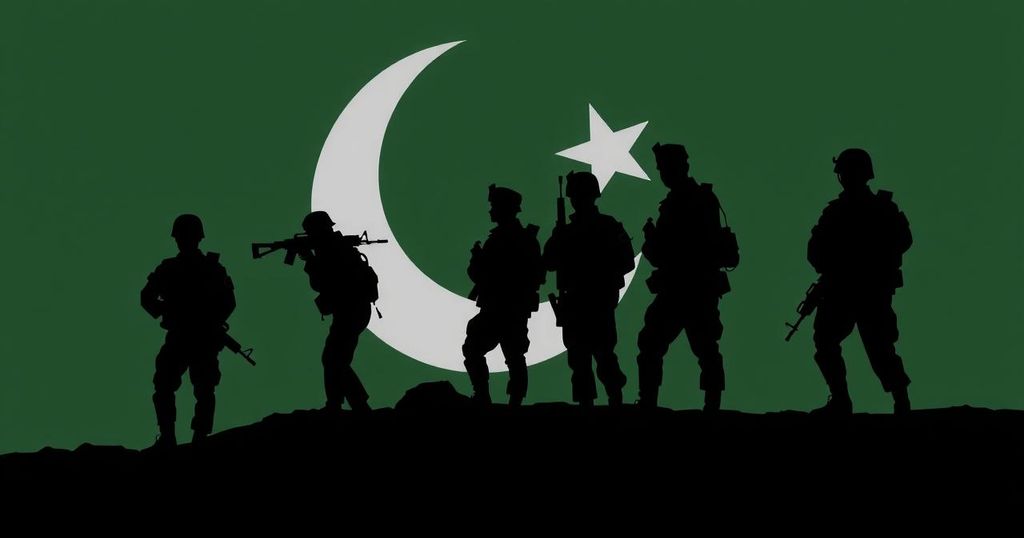Pakistan Army Acknowledges Role in Kargil War: A Historic Admission on Defence Day
In a historic admission, the Pakistan Army has publicly recognized its involvement in the 1999 Kargil War against India, a significant departure from the narrative maintained for over two decades. During the Defence Day ceremony, attended by senior military officials, government representatives, and the families of fallen soldiers, Army Chief General Asim Munir paid tribute to the brave Pakistani soldiers who lost their lives in various conflicts with India, including the Kargil confrontation.
General Munir emphasized the bravery of the Pakistani people, underscoring their understanding of the value of freedom and the sacrifices required to achieve it. He stated, “The Pakistani community is a community of braves which understands the importance of freedom and how to pay for it,” while honoring soldiers who had given their lives in service from the wars of 1948, 1965, 1971, and the Kargil conflict of 1999.
This acknowledgment contrasts sharply with the longstanding official position of portraying the Kargil War predominantly as an operation led by Kashmiri militants and self-identified “mujahideen.” The Army Chief’s candid remarks directly recognize the fatalities suffered by Pakistani troops during the Kargil conflict, which was marked by the military’s occupation of strategic heights in Kashmir, resulting in a robust response from Indian forces. This confrontation ended unfavorably for Pakistan, culminating in pressure from the United States that compelled then-Prime Minister Nawaz Sharif to withdraw Pakistani troops from the Kargil region.
The Kargil War remains a contentious issue in Pakistan-India relations, which are fraught with tension stemming from historical grievances, particularly regarding the Kashmir territorial dispute and ongoing cross-border skirmishes along the Line of Control (LoC). Indian officials have consistently maintained that the conflict constituted a direct act of military aggression orchestrated by Pakistan, underscored by intercepted communications that evidenced strategic planning by senior leaders in the Pakistani military.
In conclusion, the Pakistan Army’s recent admission signifies a pivotal shift in acknowledging the complexities of the Kargil War and reflects an evolving discourse on military history within Pakistan. It underscores the enduring sacrifices of soldiers while perhaps setting the stage for a more nuanced conversation about the past and the ongoing challenges faced in relations with India.








Post Comment